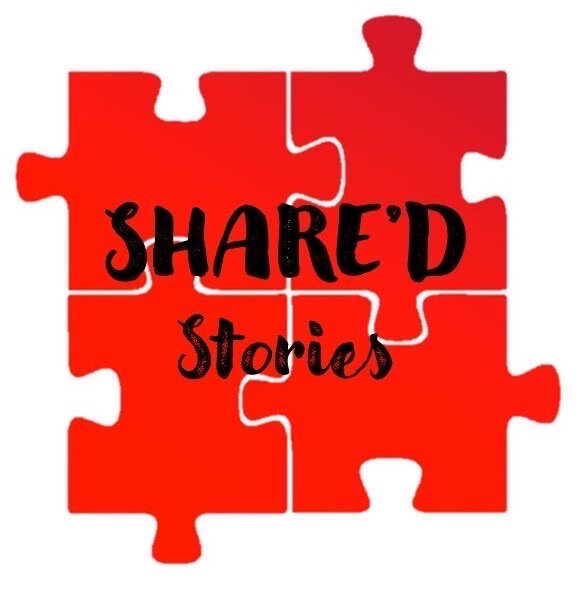SHARE leaders met recently with Drs. Kimi Kobayashi (Chief Quality Officer) and Richard Ellison (Hospital Epidemiologist) to ask them some of the questions that SHARE members have been asking us about the flu vaccine and the new mandatory vaccination policy.
Why isn’t Wearing a Mask Enough?
Employees who declined the flu vaccine in the past had to wear a mask throughout flu season. Why isn’t that enough now?
Like COVID, people can be contagious with the flu before they have symptoms. Wearing a mask decreases the chances that a caregiver will give a patient or co-worker the virus, but it does not fully prevent that possibility. There is no “silver bullet” for preventing the transmission of the flu. The more preventive measures that are layered on top of each other, the better: wearing a mask, proper hand hygiene, staying home if you feel sick, and getting the flu vaccine. Any one of those measures helps, but employing all four is most effective, just as wearing a seatbelt, having airbags and driving the speed limit each decrease risk, but doing all three measures is safest.
The flu vaccine reduces the risk of transmission if you take off your mask at work, like to eat in the break room. It also protects you from getting or sharing the flu outside of work.
The flu vaccine helps your immune system fight any flu virus – even if you get infected by a flu virus not included in this year’s flu vaccine. Your body will be better able to fight it, so if you do catch it, it will make you less sick, and less at risk of getting so ill that you need to be hospitalized.
The combination of COVID and influenza this year could make everything worse in healthcare. The hospital may need every caregiver to be healthy this winter, so they can be at work taking care of patients.
We asked about Ingredients in the flu vaccine that UMass Memorial is using:
Are there preservatives in the vaccine?
No. There are no preservatives in these vaccines. They are all single doses, so preservative is unnecessary.
Are there metals/adjuvants in the vaccine?
No. There are no adjuvants or metals in these vaccines.
Is there an option for those who are allergic to eggs, or vegan?
Yes. Standard Flu vaccine is grown in chicken eggs. Employee Health has a limited supply of Flu Blok for those who need it, which is not grown in eggs. Reach out to them for details.
What if I’m older?
A high dose vaccine is available for older caregivers over the age of 65, but it’s optional.
How effective is this year’s influenza vaccine?
We won’t know until we’re two thirds of the way through the flu season. Each year the flu vaccine is created with the experts’ best guess of the flu viruses that will be around this year, based on which ones are around during the summer in the southern hemisphere.
Is UMass Memorial the only hospital in Massachusetts mandating that caregivers get the flu vaccine?
SHARE leaders asked which hospitals in Massachusetts have made the decision to require flu vaccine among their employees.
In addition to Partners, management listed Children’s Hospital, Lahey and Tufts. We have also heard that Reliant and St. V’s are moving that direction, too. In 2018, MNA nurses at Brigham and Women's Hospital in Boston challenged their hospital's flu vaccine mandate; a superior court judge denied the nurses' request. Management says UMass Memorial is one of the last systems in the state to require the vaccine.
In addition, Governor Baker has mandated flu vaccines for public school students, and for workers in long-term care facilities.
What about medical exemptions?
A very small number of people react strongly to the flu vaccine. Employees seeking a medical exception should submit a letter from their doctor to Employee Health describing their prior reaction to a flu vaccine. There is also an exemption form to make this process easier that can be obtained from Employee Health.
How would we handle a new COVID vaccine in the future?
Some SHARE members who are reassured by the decades of research showing the flu vaccine to be safe and effective nevertheless worry that this new policy will mean that a new COVID vaccine will be made mandatory down the road. Everyone is concerned that any new COVID vaccine be fully tested and safe. SHARE leaders told UMass Memorial that it’s important to SHARE members that we agree to a thorough discussion, joint research, transparency and negotiation about making any new COVID vaccine mandatory in the future. (Stay tuned.)
UMass Memorial leaders made it clear that they would have to know a lot more about any possible new COVID vaccine before having any opinion about this. They worry about the opposite problem: When there is an effective vaccine, there won’t be enough doses for everyone who wants to be vaccinated against COVID-19, and that we’ll face hard decisions about who should get it first.
What about all my other questions, such as whether this applies to those who are working from home?
SHARE is still working with HR around a number of these issues – stay tuned, and if you have a question or concern, please reach out and let us know!








